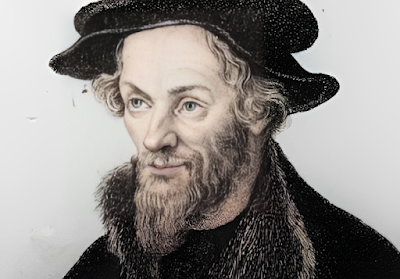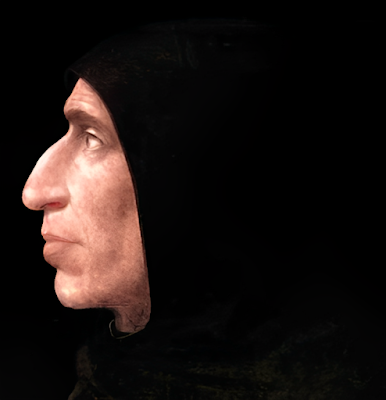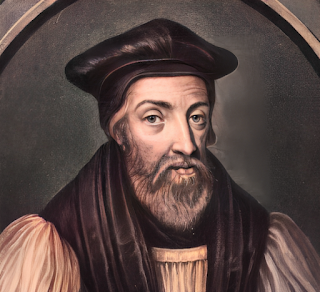Philip Melanchthon

Philip Melanchthon (1497-1560) was a German theologian, humanist scholar, and Protestant reformer. He was born in Bretten, Germany, and was initially trained in the classics and philosophy. He later studied theology at the University of Wittenberg, where he became a close friend and collaborator of Martin Luther. Melanchthon played a key role in the Protestant Reformation, particularly in the development of the Lutheran Church. He was a prolific writer and contributed significantly to the development of Protestant theology, education, and humanism. Melanchthon's most famous work is his "Loci Communes," which became a foundational text of Protestant theology. He also wrote many commentaries on the Bible and other theological works. In addition, he played a significant role in the development of the educational system in Germany, advocating for the importance of classical languages and humanistic education.



